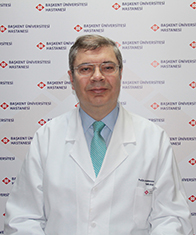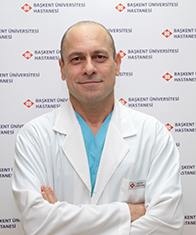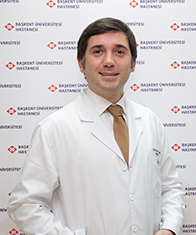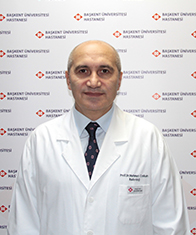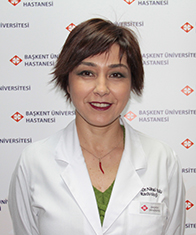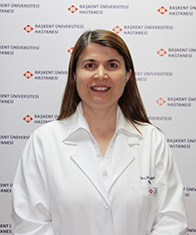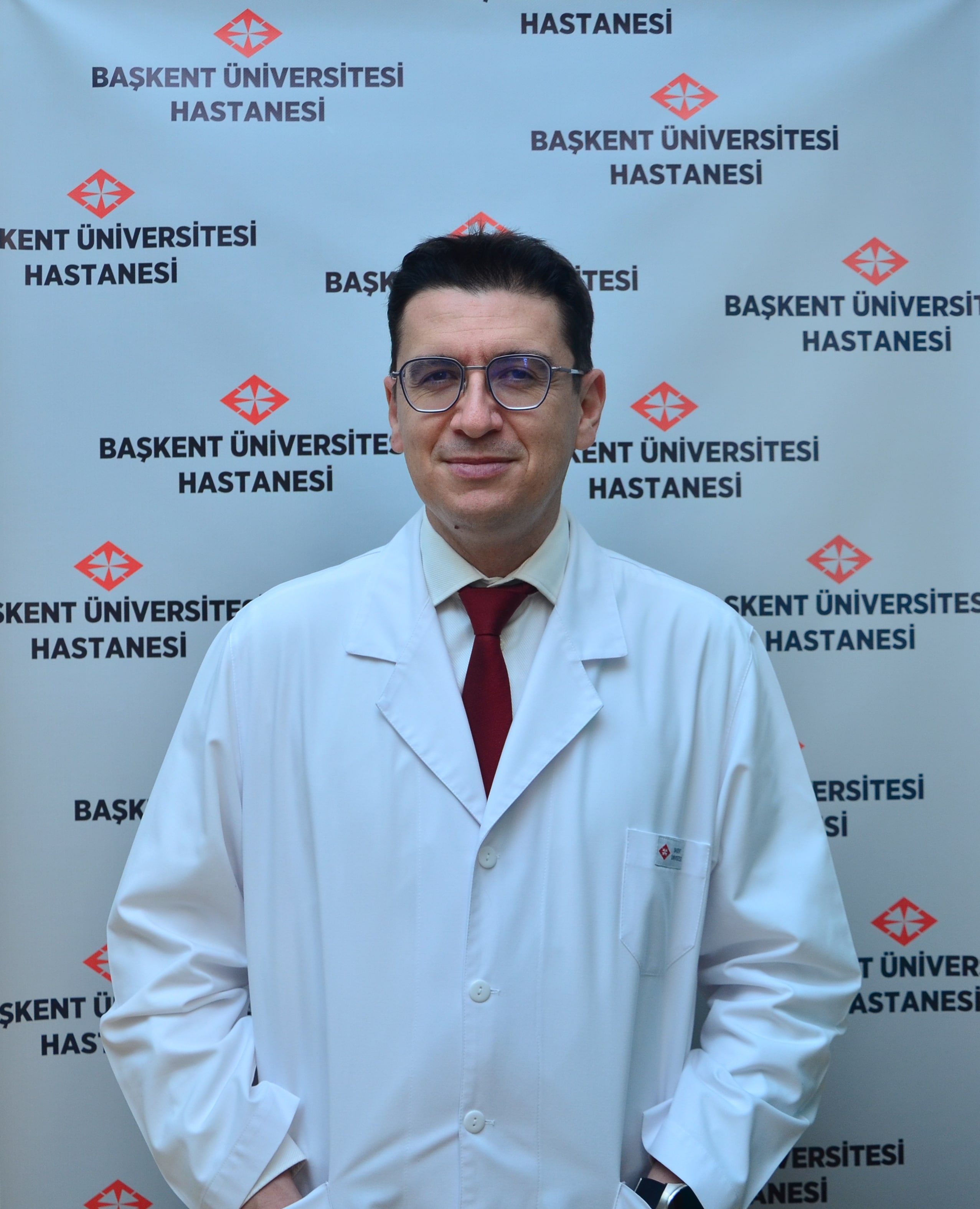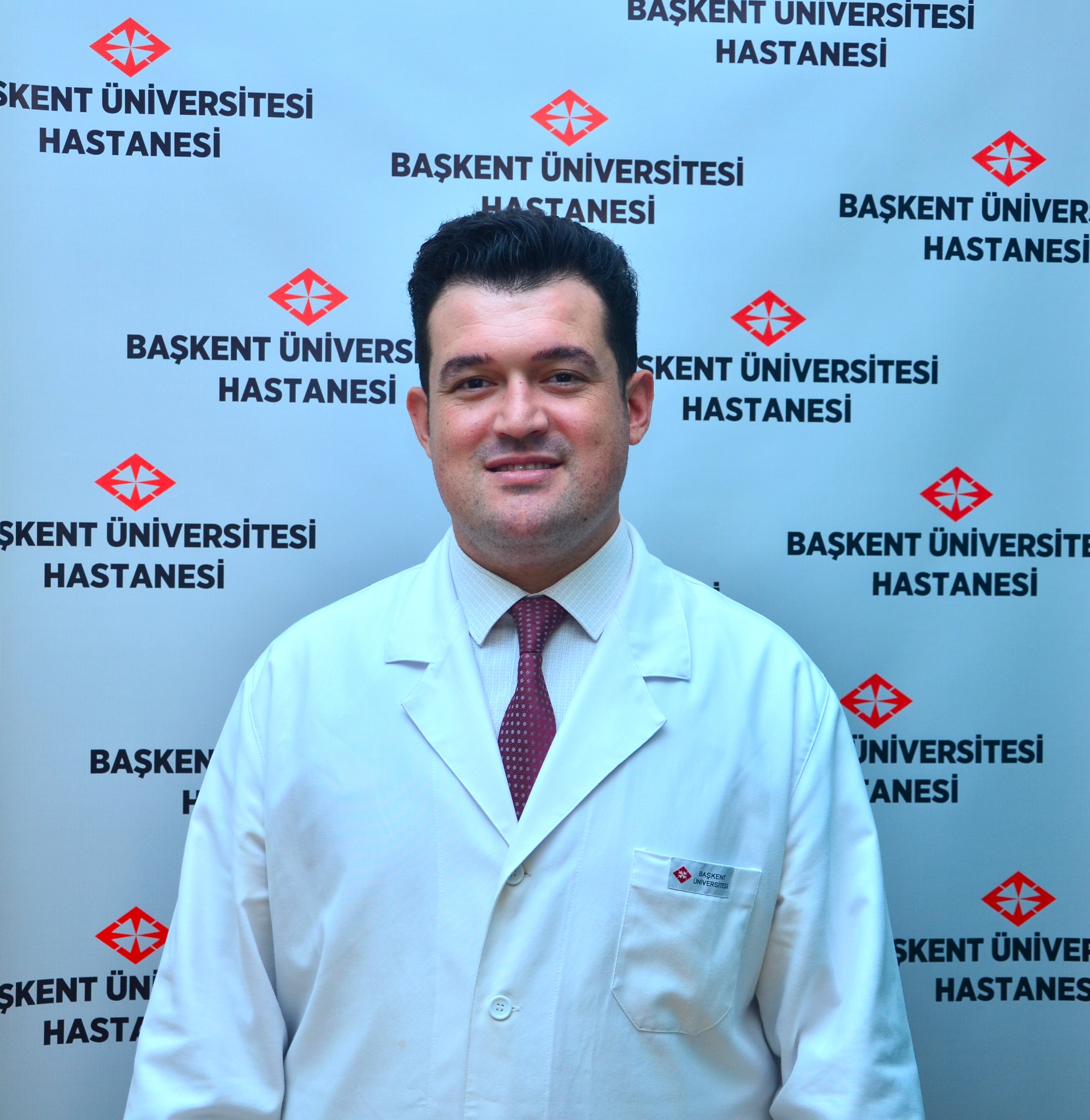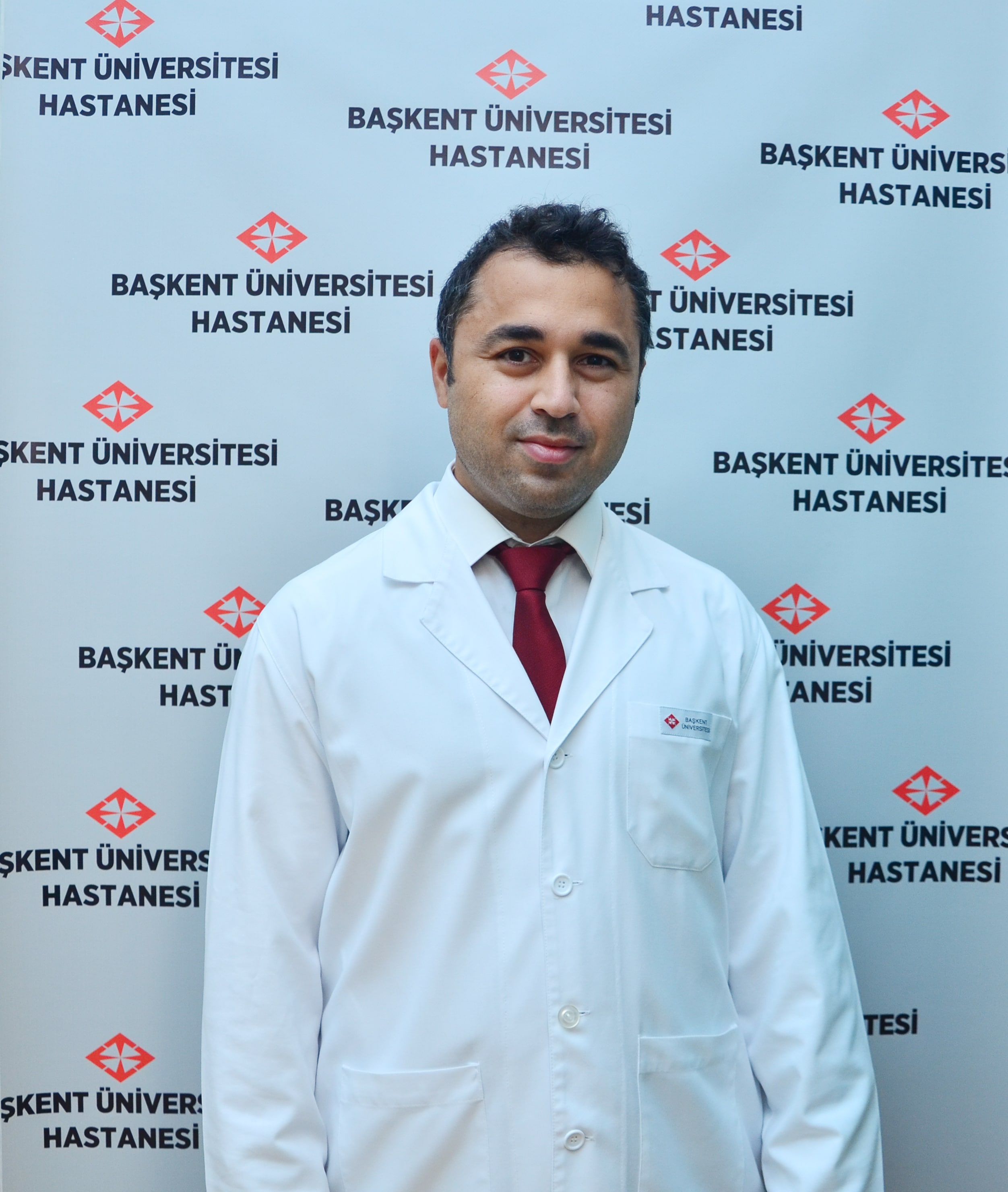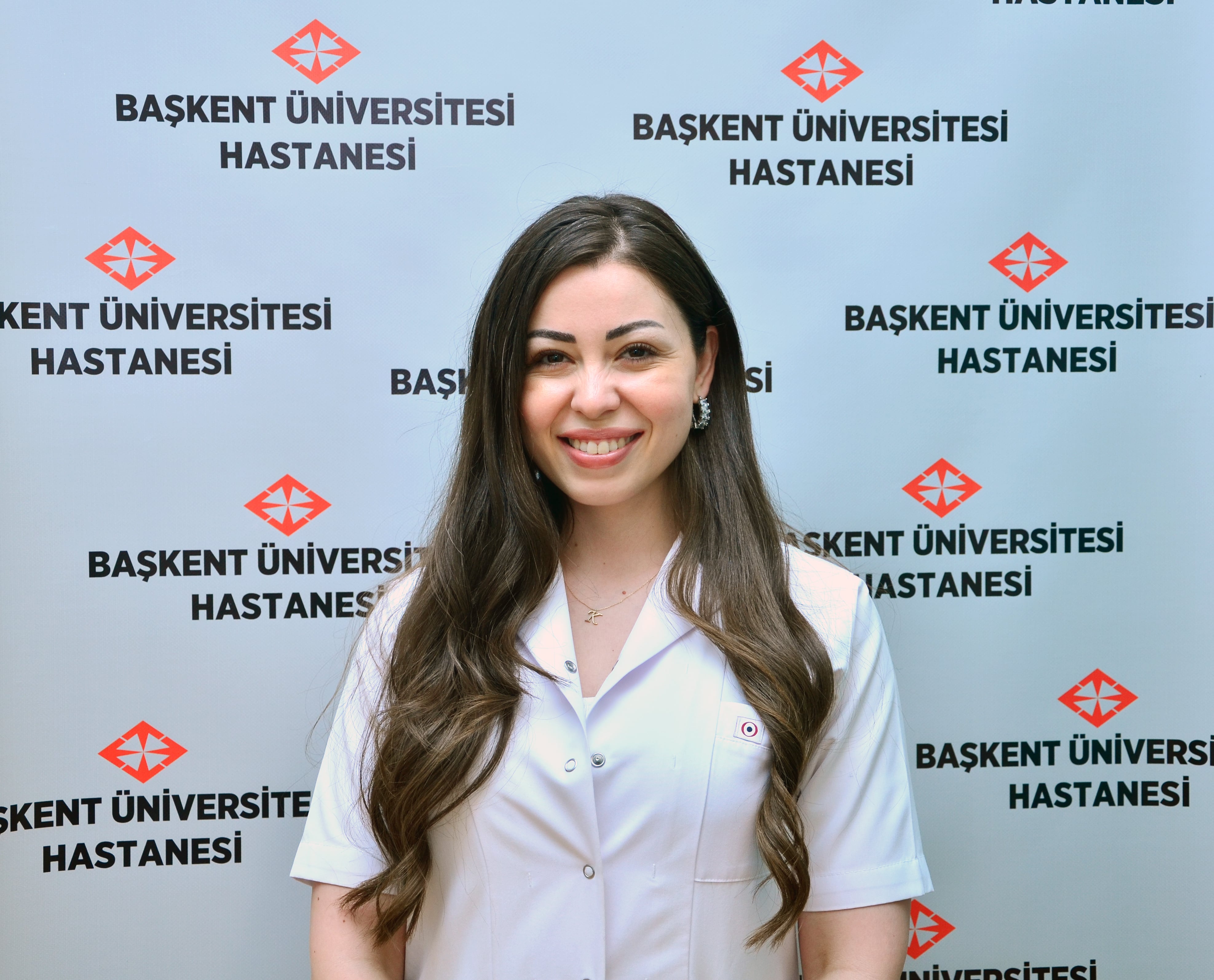Interventional Radiology
Diagnosis and treatments are done with ‘minimal invasive’ techniques in today’s medicine. The aim of minimal invasive techniques is; to diagnose and treat the patients with the least harm, to provide early recovery time and minimal hospitilization by means of little incisions instead of serious surgical operations. The advantage of interventional radiological methods are their being faster,safer, cheaper and their having no need for anesthesia which is most commonly the case for most of the surgical interventions. Thus, departure from hospital is fast and recovery time is shorter.
İnterventional radiological techniques must be applied by an interventional radiology specialist who has experience and knowledge on this area of radiology,with technological imaging instruments (Angioraphy, fluoroscopy, ultrasound,CT…). Baskent University Medical Faculty Department of İnterventional Radiology has wide experience to diagnose and treat with interventional techniques.
İnterventional radiology has 2 branches which are vascular interventions and non-vascular interventions.
Vascular interventions: Diagnose and treat all vascular problems (occlusion, stenosis, abnormal vascularization such as vascular malformations, aneurysm, congenital or acquired vascular diseases, varices and tumors) except for the heart diseases.
Almost all of these procedures are performed with local anesthesia and patients need to stay at the hospital for a night.
Non-vascular interventions: Mass and organ biopsies, fluid and abscess drainages, cyst aspirations, tumor ablations are done.
Almost all of these procedures are performed with local anesthesia in 30 minutes and patients discharged from the hospital on the same day after having some rest.
All interventional diagnostic and treatment procedures can be performed in our department. Patients who are inoperable or inappropriate for surgery can be either treated org iven a chance for treatment by means of interventional techniques.
Many of the procedures can be doneon a daily basis, and patients can be discharged from the hospital after a short resting time. Our department also serves the patients of other hospitals where interventional radiology tretment is not available and they can be transferred to the hospitals where they stay after the procedure with an ambulance. In case of emergency or necessary status, all pre-operative evaluations and post-procedure maintenance can be supplied in our hospital.
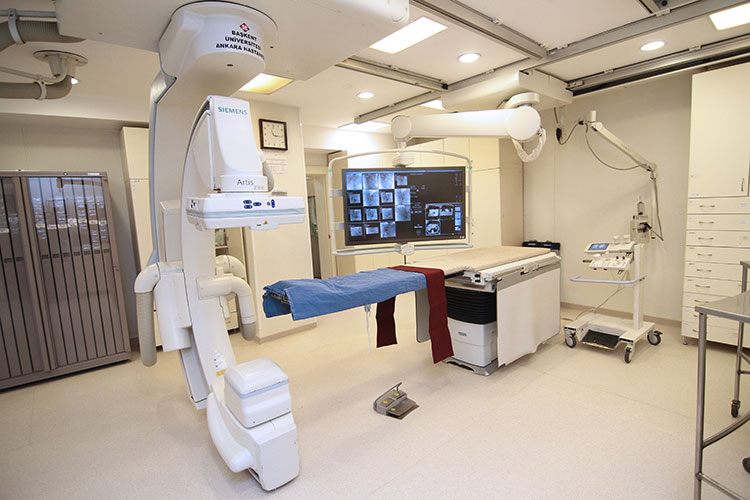 |
 |
